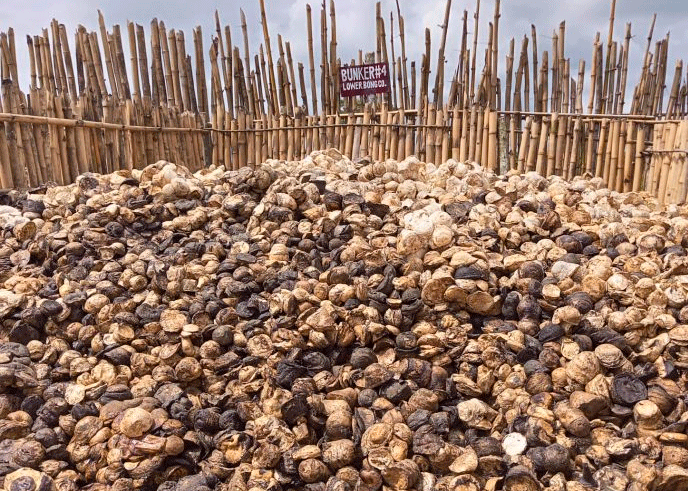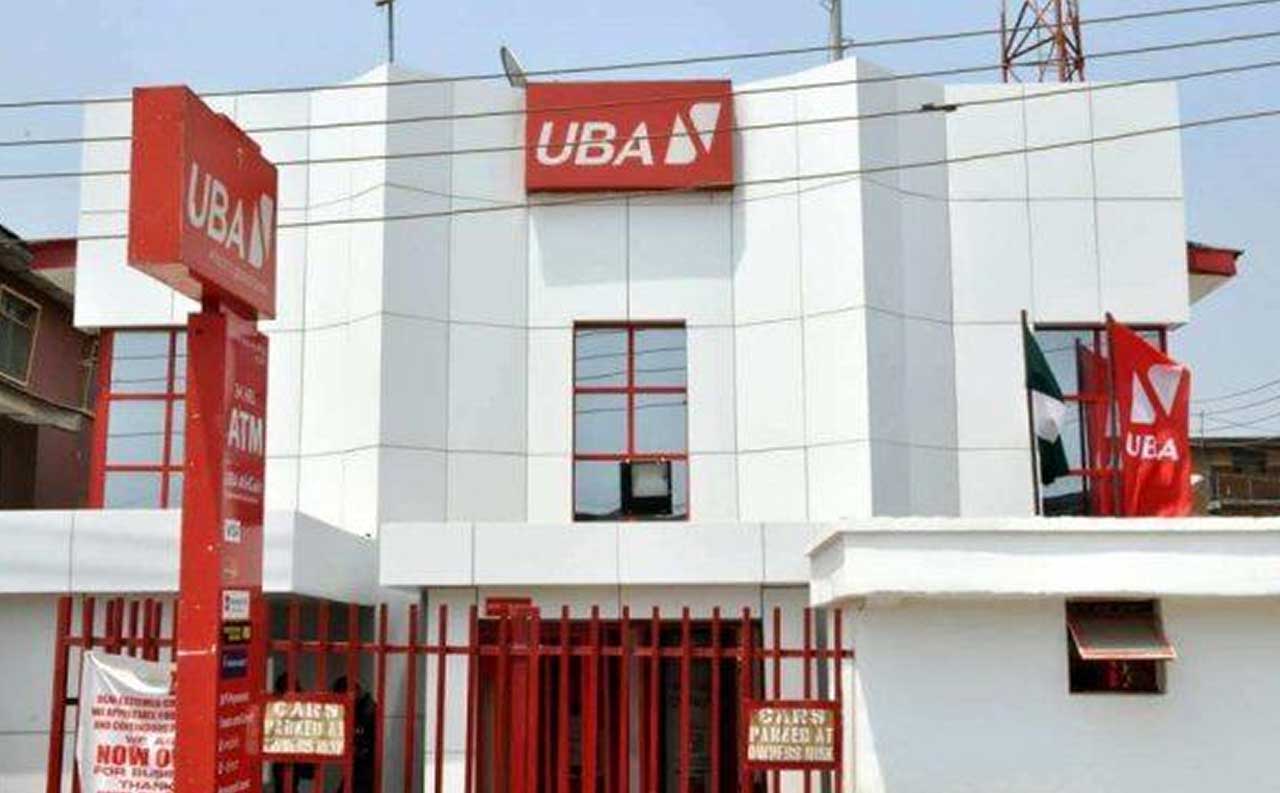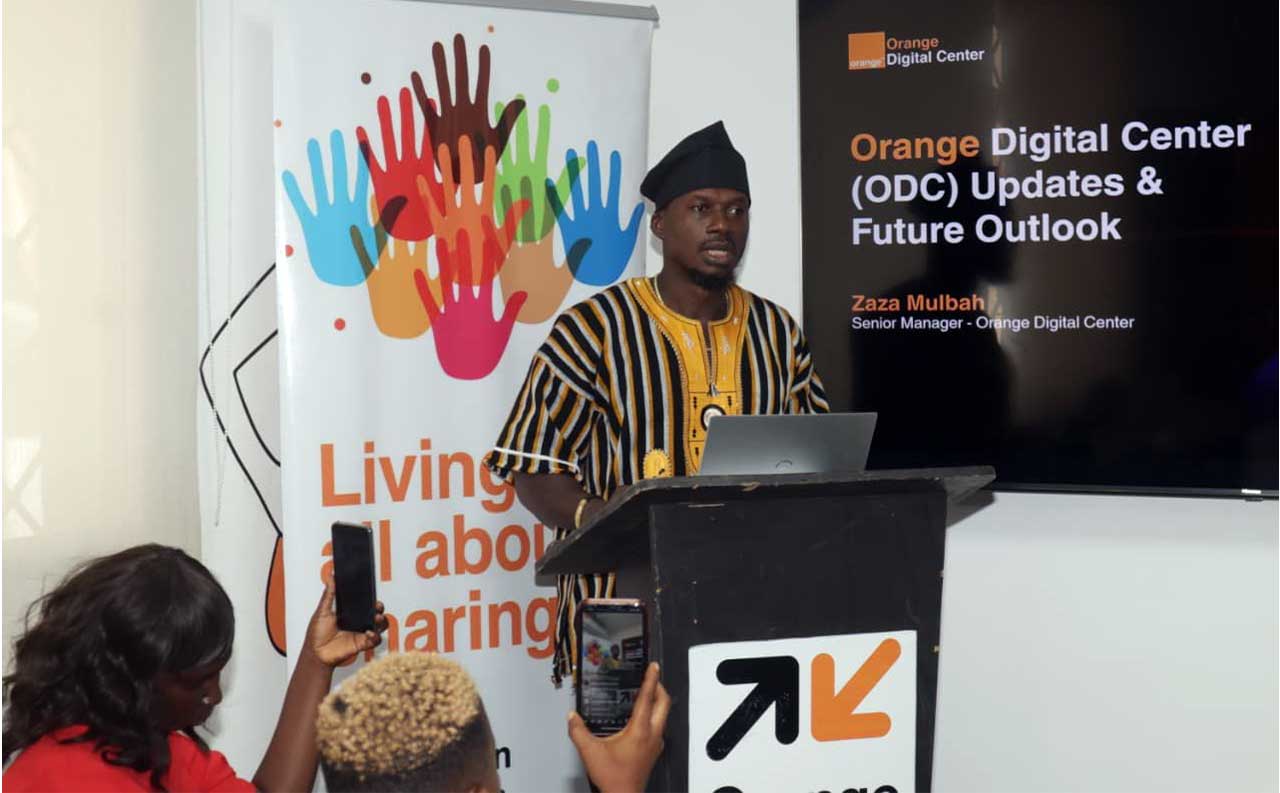A Liberian Development Consultant says the exportation of unprocessed rubber makes no economic sense therefore, the need to maintain the ban on the exportation cannot be overemphasized.
Jackson pointed out that Liberian rubber industry is dying, stressing that exporting unprocessed rubber will accelerate its demise.
In an article titled: “Exporting Unprocessed Rubber Makes No Economic Sense”, the Liberian economist noted that the country was one of the largest global rubber producers, but inadequate investments in the agriculture sector, wars and inefficient economic management have disrupted production.
“Aged rubber trees, inadequate value additions and lack of financing to the agriculture sector all have negatively impacted its growth and development. The rubber industry needs a lifeline and the ban on the export of unprocessed rubber is a good starting point,” Jackson emphasized.
He indicated that rubber has dominated the Liberian economy for over 96 years, and for generations, since 1926 integrated into the economic, social, and political order.
He added that Liberia at one time accounted for the second highest economic growth rate in the world due to exports of iron ore and rubber.
“Liberian rubber helped in the defeat of the Nazis in World War II. Liberia’s contribution to global rubber production also supported the expansion in the American automobile industry creating economic opportunities in Akron and Detroit. The rise and fall in the price of rubber determined the livelihoods for most Liberian farmers and the general population,” He said.
In furtherance of his support to the ban on the exportation of unprocessed rubber, this is what Jackson has to say: “When rubber prices were significantly high in the 1950’s and 60’s, Liberia saw millionaire rubber farmers who purchased villas in Las Palmas and sent their children to fancy boarding schools in Europe and America. Unfortunately, the rubber industry now only contributes to .7 percent of global production and with little value addition the industry continues to slide into oblivion.”
He observed that Liberian rubber farmers are poor and struggling and that the industry is dying from within. “It is being cannibalized. The ban on the export of unprocessed rubber can stop the bleeding in the Liberian rubber industry, stabilize and increase production, income and improve livelihoods,” Jackson believes.
According to the Central Bank of Liberia, Jackson added that “Rubber output declined by 2.0 percent to 63,211 metric tons, from 64,516 metric tons reported for 2022, on account of decreased harvest by small farmers as well as the largest producers”.
He stated that the price of the commodity also declined by 12.9 percent to an average price of US$1,576.72 per metric tons in 2023, from US$1,810.19 per metric ton in 2022.
Jackson, in his article stated that in addition to the fluctuating prices of the commodities, objective conditions in Liberia, where unscrupulous middlemen enable the stealing and smuggling of rubber to neighboring countries are also negatively impacting production and the lives of farmers.
He stressed that one of the last singular and most effective actions by the George Weah Administration was to impose a ban on unprocessed rubber from Liberia.
Former President Weah issued Executive Order 124 in November 2023 placing a ban on the exportation of unprocessed rubber.
Weah said the Executive Order was intended to stem the gross abuse, misuse, and theft of rubber and to create a framework for the long-term development of the industry.
The Ministry of Commerce and Industry is precluded from issuing export permit for the commodity and the ministry was tasked with coordinating with rubber farmers in border counties to create a marketing program to sell rubber to domestic companies.
The Executive Order also prohibited the transportation of rubber from 6 PM to 8AM to prevent the nightly surreptitious smuggling of the commodity.
Jackson recalled that the Executive Order was not the first time such had been done in Liberia and in fact other countries including La Cote d’Ivoire have enacted laws to prevent the export of unprocessed rubber.
“In April of 2013, the administration of Ellen Johnson Sirleaf imposed a ban on the export of unprocessed rubber stating that the act would boost domestic economic activity including jobs creation and improve socioeconomic conditions,” according to Jackson.
He disclosed that La Cote d’Ivoire routinely enacts executive and legislative actions that ban the export of unprocessed rubber to stabilize and grow its rubber industry, now the third largest producer of the commodity, with 12 percent of global production.
He also recalled in September 2021, the country’s legislature placed a ban on the export of unprocessed rubber to “boost industrialization”.
Jackson indicated that Liberians can learn from the case study of that country’s rubber industry adding, “We need to adopt policies to affirmatively protect the Liberian rubber industry. The ban on the export of unprocessed rubber is a step in the right direction.”
The ban is also supported by the Rubber Planters Association of Liberia (RPAL). The RPAL affirmed their support after a Congress.
The Association says, “Unrestricted export of unprocessed rubber exceeds the sector’s productivity.”
Jackson is urging the Boakai Administration to maintain the ban on the export of unprocessed rubber as it will indicate the desire to stabilize the industry, boost production, and start a veritable process to ensure value addition.
“Liberian rubber processors have the capacity to purchase and process all rubber produced in the country. Liberian economic empowerment should be a hallmark of an administration that has as its mantra “no business as usual.” Removing the ban on the export of rubber will continue business as usual that has led to the rapid decline in the rubber industry, Jackson warned.



